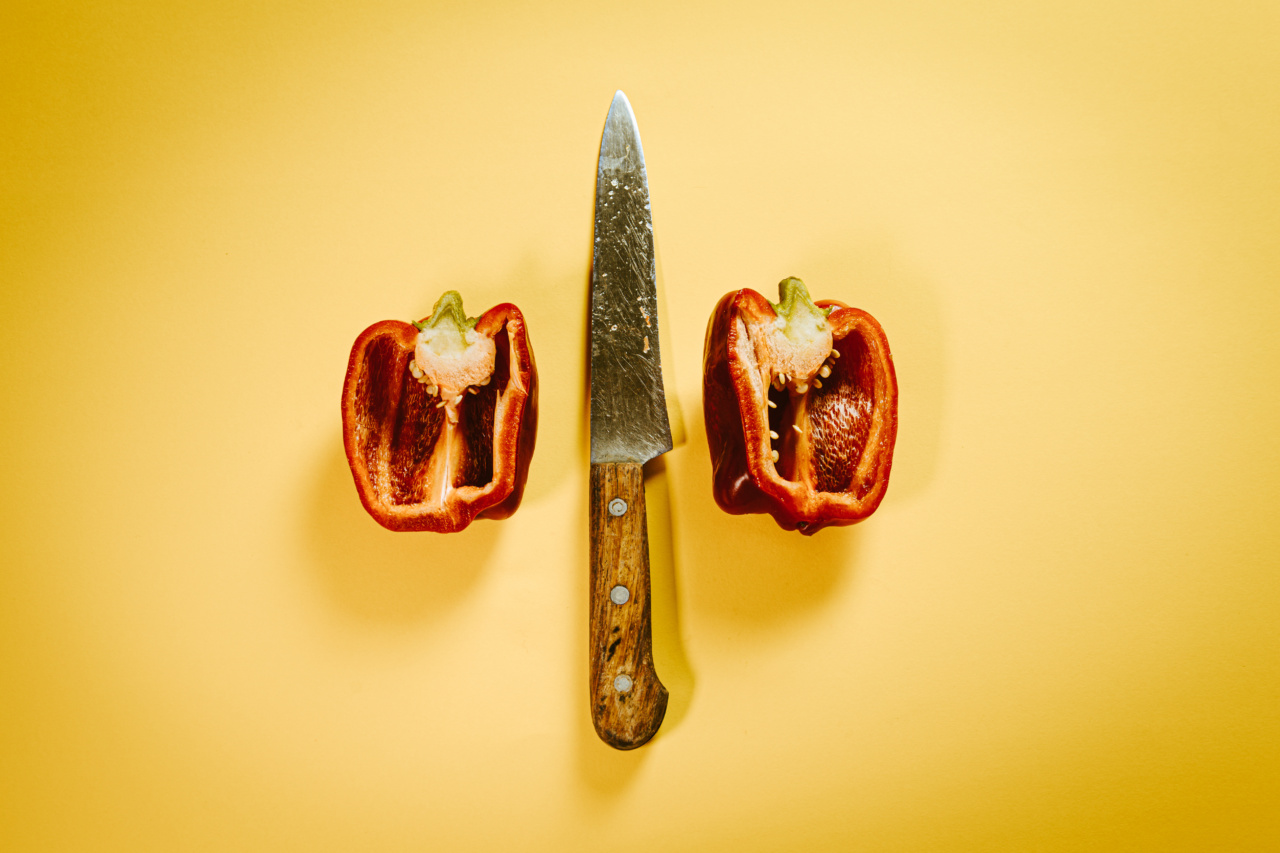Junk food has become increasingly popular in recent years, especially among young people. These types of foods, which are often high in calories, salt, sugar, and unhealthy fats, are typically low in essential nutrients.
While occasional consumption may not have a significant impact on overall health, regular and excessive intake of junk food can lead to various health issues, including negative effects on kidney health.
The Importance of Kidney Health
The kidneys play a vital role in maintaining overall health and well-being. They are responsible for filtering waste products, excess fluids, and toxins from the blood.
Additionally, the kidneys help regulate blood pressure, balance electrolyte levels, produce hormones, and stimulate the production of red blood cells. Any dysfunction or damage to the kidneys can have severe consequences on a person’s health.
Effects of Junk Food on Kidney Health
1. High Sodium Content.
Junk food, such as fast food meals and processed snacks, often contains excessive amounts of sodium. High sodium intake can lead to increased blood pressure, putting stress on the kidneys.
Over time, this can contribute to the development of kidney disease and other related complications.
2. Obesity.
The high-calorie content of junk food paired with its lack of essential nutrients can contribute to weight gain and ultimately obesity.
Obesity is a risk factor for kidney disease and can increase the workload on the kidneys, potentially leading to kidney damage.
3. High Sugar Consumption.
Junk food is notorious for its high sugar content, which not only leads to weight gain but also increases the risk of developing type 2 diabetes.
Diabetes is a leading cause of kidney disease, as it damages the small blood vessels in the kidneys, impairing their function.
4. Unhealthy Fats.
Junk food is often loaded with unhealthy fats, such as trans fats and saturated fats. These fats can raise cholesterol levels and contribute to the formation of artery-clogging plaques.
Reduced blood flow to the kidneys can impair their ability to function properly.
Protecting Kidney Health
1. Balanced Diet.
Avoiding excessive consumption of junk food and focusing on a balanced diet rich in fresh fruits, vegetables, whole grains, lean proteins, and healthy fats can help protect kidney health.
Proper nutrition ensures the body receives essential nutrients while minimizing the intake of harmful substances.
2. Hydration.
Drinking an adequate amount of water is crucial for maintaining kidney health. It helps flush out toxins and waste products from the bladder and kidneys, reducing the risk of kidney stone formation and kidney damage.
3. Regular Exercise.
Engaging in regular physical activity can help improve overall health, promote weight management, and reduce the risk of obesity-related kidney problems.
Exercise also aids in maintaining healthy blood pressure levels, reducing the strain on the kidneys.
4. Limiting Salt and Sugar.
Reducing sodium and sugar intake is important for kidney health. Opting for fresh, whole foods and avoiding processed, packaged meals can significantly lower the intake of these harmful substances.
Conclusion
While junk food may taste delicious and provide instant gratification, its consumption can have detrimental effects on kidney health.
The correlation between junk food consumption and kidney damage is evident, with high sodium, sugar, and unhealthy fat content being the primary culprits. To protect kidney health, it is crucial to prioritize a balanced diet, stay hydrated, exercise regularly, and limit the intake of salt and sugar.
By making healthier choices and adopting a lifestyle focused on promoting kidney health, individuals can reduce the risk of kidney-related complications and maintain their overall well-being.






























